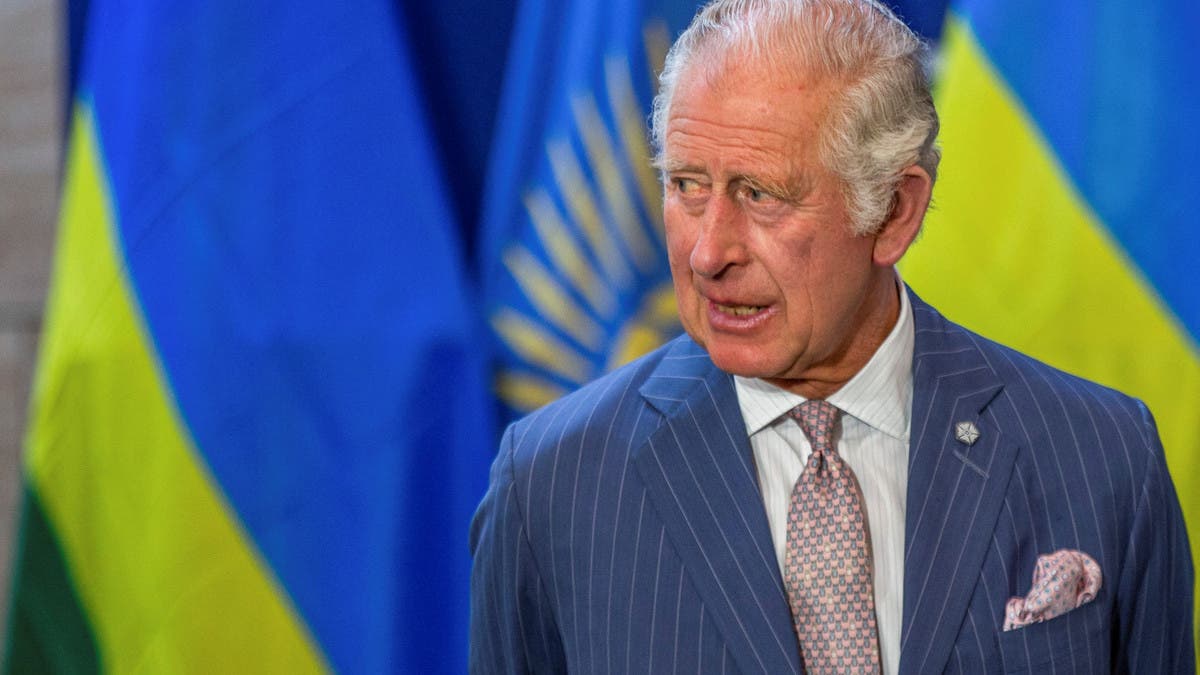Togo and Gabon officially joined the Commonwealth Saturday, continuing an expansion of the group of nations beyond ex-British colonies as smaller states seek to benefit from an association that could bring $2 trillion in trade by 2030.
Intra-Commonwealth trade already exceeds $700 billion, Patricia Scotland, the group’s secretary general, told reporters Saturday in Kigali, Rwanda’s capital.
For the latest headlines, follow our Google News channel online or via the app.
“We hope to be $2 trillion by 2030, she said at the closing of the group’s first heads of government meeting since 2018 due to the COVID-19 pandemic.”
The Commonwealth is an association that now counts 56 nations representing 2.5 billion people with a collective gross domestic product forecast to rise to $19.5 trillion over the next five years. The group’s roots are in the British Empire, and Queen Elizabeth II, the titular head, sent her son Prince Charles to the meetings.
Today any country can petition to join, and the most recent four members, including Gabon, Togo and Rwanda, have no historic links to the UK.
“In the past, some African countries didn’t really have a relationship with countries of the Pacific or English-speaking countries,” said Michael Moussa-Adamo, the foreign minister of largely French-speaking Gabon. “We are enlarging and getting new international partners, strengthening our economy.”
Heavily forested Gabon, on the west coast of central Africa, is set to play an important role in the trade in carbon credits to combat climate change.
Scotland, who was re-elected to finish her second term during the meetings, defended the inclusion of Gabon and Togo in the Commonwealth despite the fact that each country has essentially been governed by a single family since the 1960s.
“They can join if they’ve made a commitment to good governance,” she said. “We’re better together than we will be apart.”
The meetings took place in the shadow of a controversial deal to deport UK asylum seekers to Rwanda and questions about the Central African country’s commitments to human rights.
Rwanda’s President Paul Kagame, who took over as Commonwealth head from UK Prime Minister Boris Johnson for the next two years during the meetings, told reporters Saturday that the agreement was based on Rwanda’s history of accepting refugees from countries near and far.
“This migration issue is something that people have different views about,” Kagame said. “If they don’t come we won’t complain. It’s not like we are dying to have these people come to us.”
Johnson has faced criticism at home for the cost of the deal, which is expected to be about $150 million.
“Largely it is money to look after these people who are being brought here because they are not accepted on the other side,” Kagame said.
On Friday, Johnson told reporters in Kigali the partnership would save UK taxpayers from footing the bill for a more expensive program at home. “I’m confident that it will produce value for money,” he said.
Kagame also defended his country’s record on rights.
“There’s nobody in Rwanda who is in prison that should not be there,” Kagame said. “But there are people who are not in prison who should be there.”
The week-long meetings also addressed tropical diseases, urbanization, women’s empowerment and climate change, which could devastate many of the group’s smaller island nations.
Read more:
UK PM Johnson urges G7 not to ‘give up’ on Ukraine, pledges fresh financial support
Former human rights lawyer charged in UK over war claims in Iraq
Nigerian senator, wife charged with plot to harvest body organs of child in UK

 World3 years ago
World3 years ago
 World3 years ago
World3 years ago
 Business1 year ago
Business1 year ago
 Entertainment7 years ago
Entertainment7 years ago
 World7 years ago
World7 years ago
 Entertainment7 years ago
Entertainment7 years ago






